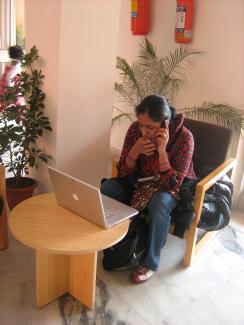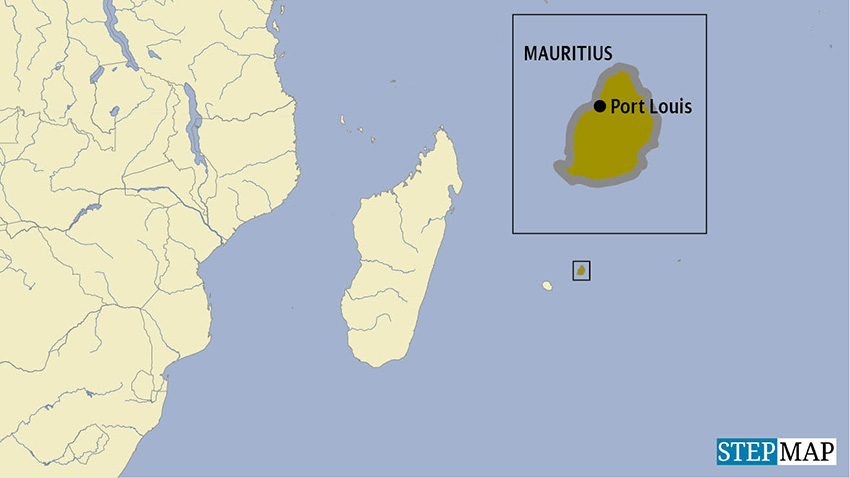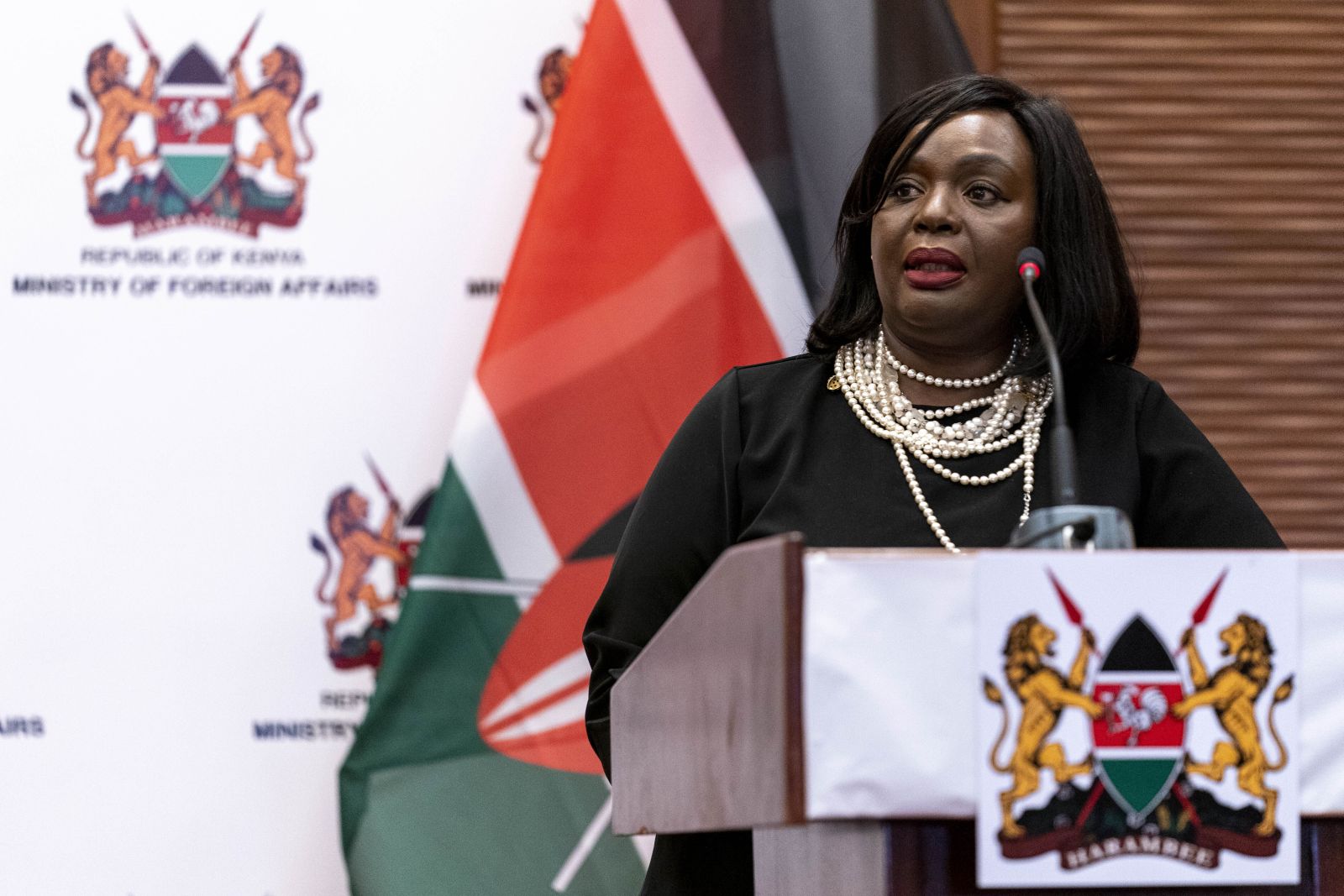Digital communication
Web access for women

Currently, some 800 million men, but only 600 million women use the internet. South of the Sahara, only about nine percent of the female population has access. The comparative figure for men is 16 %. These statistics are included in the report “Women and the web”, that was recently published by Intel in cooperation with Dahlberg Global Development Advisors.
The authors emphasise the relevance of internet access for both personal and societal development. Access to the web boosts people’s self-esteem and makes it easier to earn an income thanks to readily available information. The internet can be useful in political terms too. The Intel study includes case studies of web-based initiatives to promote women’s rights in countries like Colombia, India and Afghanistan.
In Egypt, India, Mexico and Uganda, the core countries assessed in the document, some 2,200 women and girls from cities and periurban settings were interviewed. It turned out that most of them basically use social networks to communicate with relatives and friends. Only few use the net to get other kinds of information.
The greater challenge, however, is that most women in developing countries do not have access to the internet at all. The Intel report lists several reasons:
- Many women and girls don’t understand the value of gathering information on the net.
- Many do not have devices for accessing the web.
- Internet cafés often do not offer women-friendly environments, and visiting them costs money.
- Many parents don’t want their daughters to surf the web.
- Illiteracy is a serious obstacle.
The paper argues that the number of female netizens can be doubled in three years. The authors assume that some 450 million women and girls will get access simply because of sinking costs for telecom services and internet-enabled devices – in particular mobile phones. To offer a further 150 million the opportunity to access the internet, however, more would need to be done, the authors argue. They want telecom companies, governments and development agencies to become active:
- They consider it the job of the private sector to make available affordable devices and services.
- Governments should facilitate the expansion of telecom networks.
- Development agencies should support initiatives that teach women internet skills.
An important goal is to establish role models that will motivate young women and girls to consider the options of the web.
Mareike Forchheim










